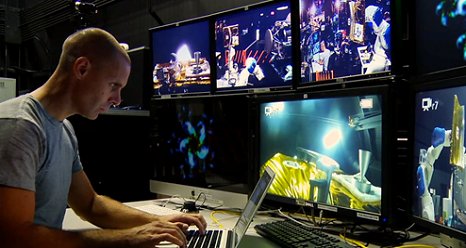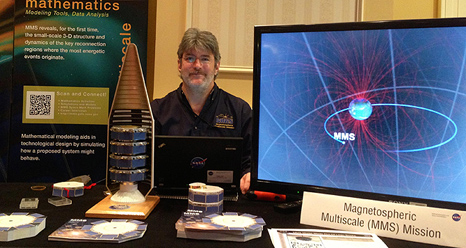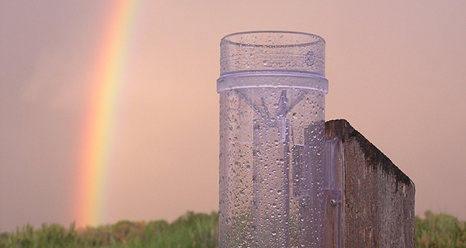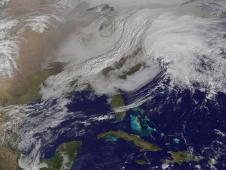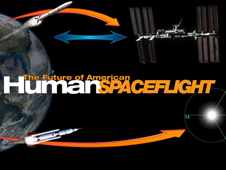- NASA Home
- > News & Features
- > News Topics
- > NASA in Your Life
Latest Features
More Features
-

Fluids in Space, Shaken Not Stirred
02.13.13 - Furthering fluid physics fundamentals in microgravity with results from the International Space Station SODI-IVIDIL investigation.
-

NightPod Images Bring Earth to Light
02.06.13 - There is a reason the phrase "shooting in the dark" refers to things that are difficult to do -- and night photography from space is no exception.
-
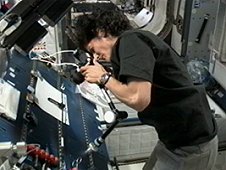
The Self-assembling Particles That Come From InSPACE
01.07.13 - Shape-shifting malleable, gelatinous forms are orbiting the Earth at this very moment -- growing as they are bombarded by magnetic pulses.
Press Releases
-
NASA Spinoff 2012 Features New Space Tech Bettering Your Life Today
02.13.13 - A plant texts a farmer to say it needs more water. An invisible coating scrubs pollutants from the air. A robot roams a hospital's halls, aiding doctors and nurses by recording vital signs and registrations. The 2012 edition of NASA's annual Spinoff publication captures a nation and world made better by advancements originally achieved for space technology.
-
NASA, Ahoora Foundation Unite to Ignite Students' Passion for Science, Space, and Technology
01.22.13 - Candy, soda and other everyday items will be the tools of the trade for teenage rocket makers competing in the What If? Live Student Design Challenge, which was kicked off Tuesday by NASA and the Ahoora Foundation of Plano, Texas. Registration is open through Feb. 28 for the worldwide contest, in which 14- to 18-year-old students will design experimental propulsion systems using materials that are cheap and easy to get.



